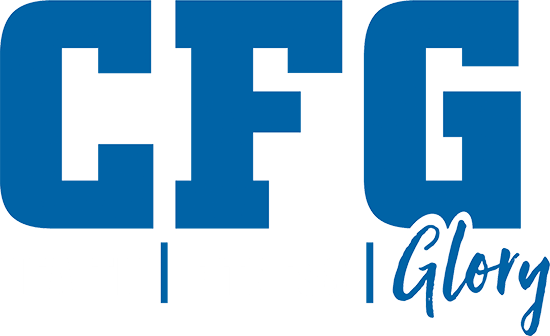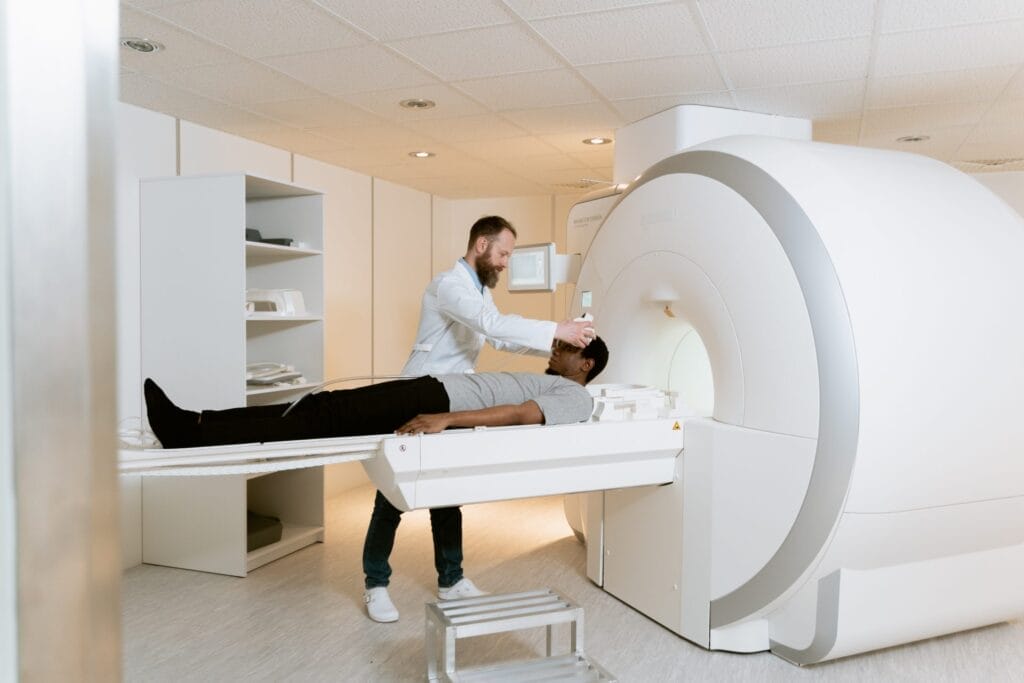In our last post, we took time to define sleep, it’s function, and established a beacon. If you didn’t get a chance to read that one, you can catch up here: Part 1
Today’s post is all about how to assess your own sleep. When it comes to doing this as a general health and fitness enthusiast, we have to understand it is not done through rigorous sleep studies. Simply put, that is out of the scope of this article. With that said, here’s how to assess your own sleep:
Assess:
General Information Gathering –
During this phase, you will gather general information to become more aware of your current sleeping habits. This allows you to make informed decisions on how to improve it in our later steps. Below you’ll see a series of eight questions that are very effective in doing so. In my experience, best practice is not to simply respond with short answers, but rather provide lengthy context and reasoning for why you answered as you did. This is important, so be sure to record it. In the cases where you don’t feel compelled to expand on your answers, have a friend or family member probe you a bit. As a side note, this process should be set up to allow for undistracted reflection to get the most out of it.
- On a scale of 4-10, measure the number of hours you’re getting per night on average
- Do you sleep differently on weekends? If so, how?
- What is the temperature in your room when you are sleeping? Circle one – <65˚F 66-69˚ F 70-73˚ F >73˚ F
- How dark is your room? Circle one – Pitch Black, Minimal Lights (from cable box, clock, etc), Lots of ambient light
- Do you look at any screens within 90 minutes of going to sleep? (TV, phone, tablet, computer, etc) – YES or NO
- Describe your energy levels upon waking:
- Do you experience joint pain upon waking? If so, explain:
- Do you experience stiffness, soreness, and/or tightness of specific areas of your body? If so, please identify and explain (Common areas: neck, upper back, lower back, shoulder, hips, knees, ankles, hands):
Around Others –
Beyond general body language, appearance, and energy levels, casual conversation with others provides a great opportunity to see how you are doing with your sleep. They key with this is to be intentionally reflective when someone asks, “So how’d you sleep last night?” Don’t give surface-level, reflexive answers just to appease someone. A powerful tool is to think about something that you recently tried implementing to improve your sleep and evaluating if it’s working yet or not. For instance, if you decided to try adjusting the temperature in your room down a few degrees, you could answer their question by saying something like this: “You know what? Now that I think about it, I recently started lowering the temperature in my room by 3 degrees and I am sleeping more thoroughly through the night.”
Apps and Technology –
Many apps these days make it easy to track your sleep. I did a two-part video series on this. Check them out here for further info:
Part 1 – Options for Wearable Tech
Part 2 – How to Best Use Data from Wearable Tech
At Routine Check-Ins –
These private, 1:1 conversations with your coach provide the necessary space and time for stretching out this topic. You should be talking about what you’ve been doing, what is working, and what may need refinement.
While the assessment of sleep is often overlooked or shoved to the periphery in favor of chats about food and working out, it must be given its rightful place of importance if the you ever expects to make meaningful, sustainable progress.
In our next post, we’ll spend time unpacking the consequences of a lack of sleep.


